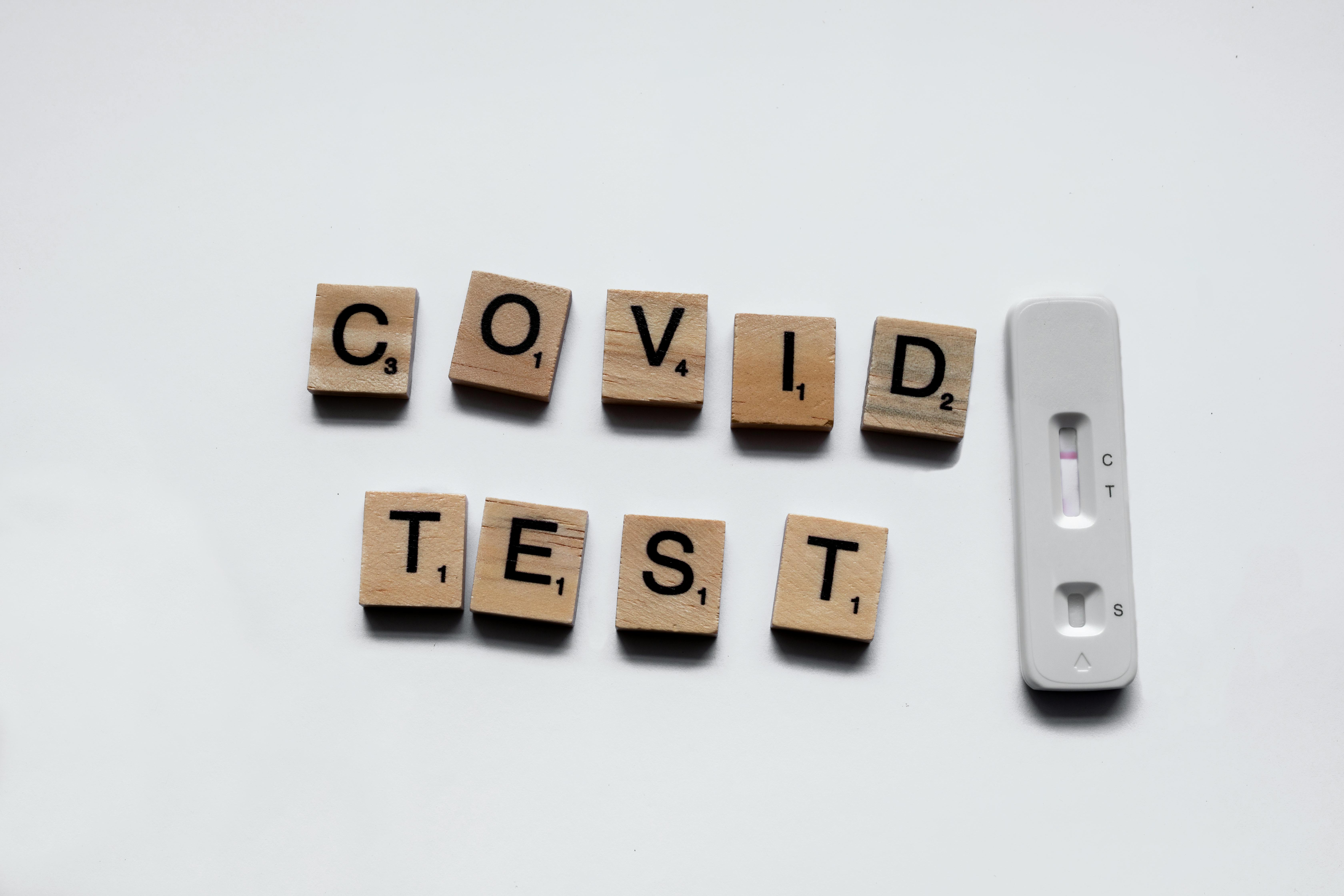
Many healthcare providers face the challenge of dealing with subpoenas for medical records. These legal demands require careful handling. It's important to balance the duty to comply with court processes and privacy laws.
For busy physicians and healthcare executives, understanding what a subpoena entails is key. Improper action can lead to serious legal consequences. On the other hand, overzealous compliance might violate patient privacy or other medical records disclosure laws.
In this article, we explain the different types of subpoenas that might request patient records. We also discuss who can issue these subpoenas and the legal risks of non-compliance. We provide guidance on when and how to object or move to quash a subpoena. Plus, we share best practices for evaluating each subpoena before responding.
With this knowledge, healthcare professionals can navigate a subpoena for medical records with confidence. They can do so in compliance with all applicable requirements.
Types of Subpoenas for Medical Records
Subpoenas come in several forms. Healthcare providers often encounter:
Witness Subpoena – requires the person (or an organization’s representative) to appear in court to give evidence as a witness. For example, a physician might be subpoenaed to testify about a patient’s treatment in a lawsuit. This is sometimes called a subpoena ad testificandum.
Deposition Subpoena – a subpoena requiring testimony and/or documents for a deposition (out-of-court testimony under oath). Often a deposition subpoena will ask a healthcare provider to provide copies of medical records and possibly answer questions before trial.
Subpoena Duces Tecum – a subpoena ordering the recipient to produce documents or records. In the healthcare context, this means providing copies of patient medical records (and sometimes appearing in court with them).
Grand Jury Subpoena – a subpoena issued in the context of a grand jury investigation (usually criminal). It can compel a provider to provide records or testimony to a grand jury. Grand jury subpoenas are confidential proceedings, so compliance does not violate HIPAA’s privacy rules. This is because the information is kept secret by law.
Each type of subpoena for medical records may demand a different response. A witness subpoena might involve preparing to testify, whereas a subpoena duces tecum focuses on gathering documents. Understanding the form of subpoena you’ve received is the first step in determining how to comply.
Who Can Issue a Medical Records Subpoena?

Subpoenas may be issued by different authorities depending on the context of the case. Knowing who issued a subpoena is important because it affects your obligations and whether you can object. Common issuers include:
Courts and Judges: A subpoena signed by a judge has the power of the court. It can be issued by a judge or a clerk on their behalf. Subpoenas from judges or administrative tribunals must be followed, as ignoring them is not allowed.
Attorneys: Lawyers can also issue subpoenas for records or testimony. At times, lawyers need court authorization to issue a subpoena. These subpoenas are legal requests but can be challenged if not signed by a judge in certain circumstances.
Government Agencies: Agencies like the state medical board or the U.S. Department of Health and Human Services can issue subpoenas. These subpoenas are legally binding under certain laws. Ignoring them can lead to legal action.
Prosecutors and Grand Juries: Prosecutors can issue subpoenas, often through a grand jury. Grand jury subpoenas are legally enforceable and cannot be refused on privacy grounds. Providers must comply, but the information is kept confidential.
Knowing who issued a subpoena is key to figuring out how to act. For example, a subpoena from a judge or a grand jury must be followed. But a subpoena from an attorney might allow for objections or need more steps under privacy laws.
Legal Risks of Non-Compliance
Not responding to a valid subpoena for medical records can lead to serious legal trouble. The biggest risk is being found in contempt of court. Ignoring a court-issued subpoena can result in fines or even jail time until you comply. Even if it's from an attorney, ignoring it is not an option. The requesting party can ask the court to enforce compliance, and you could face court orders, fines, or other penalties.
Beyond court penalties, ignoring a subpoena can also hurt your case if you're involved. For example, a clinic sued might lose its chance to defend with records. For most healthcare groups, the main risk is legal action for ignoring a subpoena. The key is: do not ignore a subpoena.
If privacy laws or other concerns arise, the right move is to formally object or seek court guidance. This is better than doing nothing.
When Can You Object or File a Motion to Quash?
Not every subpoena for medical records is absolute. In many cases, a healthcare provider can object or move to quash the subpoena. A motion to quash a medical records subpoena asks the court to limit or invalidate the subpoena's demands. This is usually for specific legal reasons.
Some common reasons to object or seek to quash include:
Insufficient Time to Comply: The subpoena doesn't give the healthcare provider enough time to gather the requested information. Courts usually want enough time for compliance. If the records are many and the notice is short, it's a valid reason to object.
Patient Privacy / Authorization Issues: The subpoena asks for protected health information that needs patient consent, and no consent was given. For example, records of psychotherapy or substance abuse need special care. Without consent or a court order, objecting for privacy is right.
Undue Burden: The subpoena is too broad or burdensome for the provider. This is true if the request is too wide (like all records for a doctor in five years). It would be very time-consuming and costly for the healthcare entity.
Irrelevance or Oppressiveness: The subpoena is unreasonable or seeks irrelevant information. If the request doesn't relate to the case or is too broad, a court might agree to change or cancel it.
Procedural Defects: The subpoena has procedural issues. It might not have been served correctly, or the court doesn't have the right to issue it. Any mistake in how the subpoena was issued or served can be a reason to challenge it.
Usually, you must object or move to quash quickly. This is often within a few days (like 10 or 14 days) after getting the subpoena. The exact time can vary by place. If you have a good reason to object, get legal help fast and file your objection or motion before the deadline.
It’s also important to note that if a subpoena is a court order, like one signed by a judge or a grand jury subpoena, it's harder to challenge. You usually cannot refuse to comply with a subpoena issued by a government enforcement or regulatory agency based on HIPAA or privacy. Always talk to healthcare legal counsel to see if you should fight a subpoena.
Best Practices for Evaluating and Handling Subpoenas

When a subpoena for medical records comes in, healthcare providers should follow a clear plan. This ensures they comply and keep patient info safe. Here are some important steps and best practices:
- Verify the subpoena’s validity and scope. Make sure the subpoena is legal and properly addressed to your entity. It should be signed by someone with the authority to do so, like a judge or attorney. Also, check that it was served correctly.
- See if the court or agency has the right to issue the subpoena. If not, it might not be enforceable. Look closely at what information is being asked for. If something seems wrong, like the wrong patient name or a missing signature, you might need to ask for clarification or object.
- Identify the type of subpoena and the issuer. Find out what kind of subpoena it is and who sent it. This information helps you understand how to respond. For example, a subpoena from a judge or a grand jury must be handled with extreme caution. But an attorney-issued subpoena might need more privacy protection or could be challenged in court.
- Assess HIPAA and other privacy law implications. Check if the subpoena meets privacy law requirements. If it was issued by an attorney, see if it includes proof of patient notification and waiver or a protective order, as HIPAA requires. Without these, you can't release records without further action. Also, consider other laws that might apply, like state laws or rules for mental health and substance abuse treatment. Make sure the subpoena is checked against all privacy laws.
- Seek patient consent when appropriate (optional). Sometimes, getting a patient's written permission can make things easier. If only one patient's records are involved and they're not fighting against the subpoena, getting their consent can help. This way, you can share the records without worrying about HIPAA rules. Remember, don't rely on this in emergency situations or where time is short.
- Ask the patient to sign your practice's authorization form if they agree. This can help you avoid legal problems. But, don't count on this in emergencies or when time is tight.
- Prepare any possible objections quickly. If you find a good reason to object to the subpoena, act fast. Make a note of the deadline for filing objections or a motion to quash. This is usually just a few days after you get the subpoena. This way, you protect your rights and let the court decide if the subpoena is okay. If you're unsure about the subpoena, it's better to object or talk to a lawyer than to just give out the records.
- Work with your lawyer to file the objection or motion in the right court before the deadline
- Communicate with the requesting party if needed. It's a good idea to talk to the attorney or agency that sent the subpoena. This can help clear up any confusion about the request. If the subpoena is too broad or unclear, you might be able to narrow it down. Often, the other side is willing to work with you to find a solution.
- Any agreement you make should be written down, like in an email. This way, you have proof of it. Talking things over can sometimes solve problems without needing to go to court, while keeping patient privacy safe.
- Release records safely and appropriately. If you must comply, collect the requested records. Make sure you only include what the subpoena asks for, and nothing extra. This is part of the “minimum necessary” concept, as discussed in the HIPAA law. Do not send the documents before the specified date and time, if the patient can object or if a court can rule on an objection. Send the records securely (e.g., encrypted electronic transfer or sealed courier) and mark them “Confidential.” Keep a copy of everything you send.
- Maintain documentation of your response. Keep a detailed record of how you handled the subpoena. Save a copy of the subpoena, any letters to attorneys or the court, notes of phone calls, and a log of what you disclosed. For example, you might log: “Produced 20 pages of Jane Doe’s medical records (office notes from 2019) to Attorney Smith on 03/01/2025 in response to subpoena dated 02/10/2025.” Keeping this documentation is key for your legal protection. If there are questions later (e.g., the patient inquires or an auditor asks), you can show you acted lawfully and only disclosed what was needed.
By following these best practices, healthcare organizations can manage subpoenas for medical records confidently. They can uphold their legal and ethical duties. The goal is to fulfill legal requests without running into compliance traps or breaking patient trust. Always remember, if unsure, seek advice from legal counsel experienced in health law. With a clear understanding of subpoenas and a solid process, providers can respond in a timely, compliant, and professional way to any subpoena.
MORE ARTICLES BY CATEGORY
The 2025 Healthcare Fraud Takedown Is a Warning Shot for Wound Care Providers
Wound care is now an enforcement priority. The 2025 fraud takedown targets skin substitute billing, graft utilization, and Medicare compliance.
Read More >>FDA and Novo’s Uncharted Waters to Exert Pressure on Hims & Hers and GLP-1 Compounders
Novo’s lawsuit against Hims & Hers, coupled with FDA’s referral to the DOJ, marks a direct escalation against 503A compounded semaglutide. If your pharmacy dispenses, compounds, or markets GLP-1 therapies, this is not a headline, it is a regulatory turning point.
Read More >>What Wells Pharma v. Zyla Life Sciences Means for Compounding Pharmacies and Outsourcing Facilities
A pending Supreme Court case could reshape how compounding pharmacies face litigation under state unfair competition laws tied to FDA approval standards.
Read More >>Health Law Alliance Welcomes Compounding Expert Pharmacist-Attorney Dr. Martha Rumore as Of Counsel
Health Law Alliance adds powerhouse Pharmacist/Attorney Dr. Martha Rumore to their team of boutique healthcare attorneys.
Read More >>






